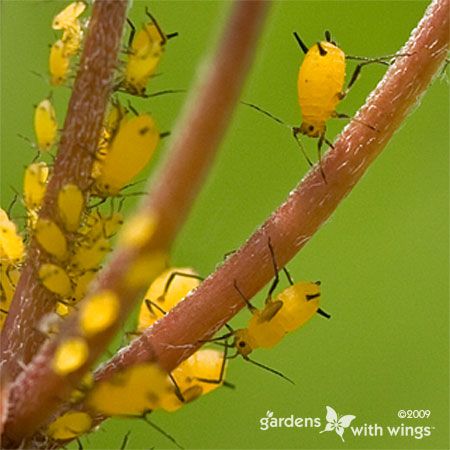Pest invasion is one challenge that can make you quit gardening. One day, you wake up to a handful of pests. The following day, they multiply and destroy plants that must have taken you months to nurture. You may decide to use a pesticide. Nonetheless, such a rash decision can change your garden forever. Therefore, below, we focus on solutions that do not involve harsh chemicals.

Gentle and Natural Ways to Restore Garden Harmony
Pests multiply quickly. For instance, beetles can lay hundreds of eggs in one season. In no time, they eat everything. They leave you with dry stalks and stems. Experts specific to a region are familiar with common culprits. For instance, professional pest management in Baton Rouge can tell you what to look out for there. Once you know the common pests in your region, try these solutions.
Use Barriers and Traps
Barriers and traps are simple and non-toxic solutions. These can help you contain pests over a larger area. For instance, you can shield seedlings from flying pests using mesh nets and row covers. You may also use traps as a preventive measure. For instance, you can set traps to help you detect the pests in your garden with Native Pest Management expertise.
Insects
Bring species that take pests out. For instance, when sap-sucking aphids take over, bring in lacewings. Your only challenge is ensuring they never run out of nectar flowers. When you feed them well, they take out pests for you. Imagine a strategy that does not increase chemical residues in your garden.
Neem or Insecticidal Soap
You want to ensure pests do not multiply if the issue is already out of control. Neem oil can help you with that. It disrupts reproductive cycles. As such, pests can complete the life cycle. The pests that do still have to encounter another challenge, getting food. You see, neem oil coats plants, which creates a barrier. You deny pests food.
Another option is using insecticidal soap. Unlike neem oil, it breaks down the outer membranes of insects. Nonetheless, you can only use it at specific times to avoid burning leaves. Additionally, you may also harm pollinators, yet they benefit your garden. Thus, apply this soap early in the morning or late evening.
Companion Planting
Sometimes the plants you grow are the solution. For instance, the aroma of basil repels aphids, and tomatoes shield basil from sunlight and other conditions.
Handpick Pests
Pests can make you overlook simple solutions. For instance, pulling them out manually should be the first action. Try it before considering other resource-intensive ideas. Inspect the garden when pests are least active. It could be in the morning or evening. Then, pick the pests you find and relocate them.
Improve the Soil
Increasing the microbial diversity of the soil is necessary because it might be too weak to combat pests. For instance, leaf mold is a suitable organic matter to boost your soil. It increases beneficial microbes. Additionally, such matter increases nutrients in the soil, benefiting plants.
Add Bird and Bat Habitats
Bats and birds eat hundreds of insects daily. Bats even do it at night, which can decrease beetles and moths in your garden. They only need a clean water supply and nesting boxes.
Remove Debris
You may be having pest invasions because your garden has the perfect breeding grounds. For instance, if you leave old mulch or forget to prune bushes, you create spaces where pests can hide. There may also be infested trimmings that reintroduce the problem after all your strategies to eliminate pests.
Rotate Crops
Growing the same plants can build up soil-borne pests. Therefore, rotate plants to disrupt the lifecycle of pests. It also increases microbes that benefit your plants.
Conclusion
Imagine watching pests take over the space where your favorite plants are growing. You watch them eat everything from the stems to the leaves. Therefore, you want to eliminate them as soon as the invasion starts. You can handpick them. If they multiply, try neem oil to restrict their access to food. If that fails, increase good insects.




